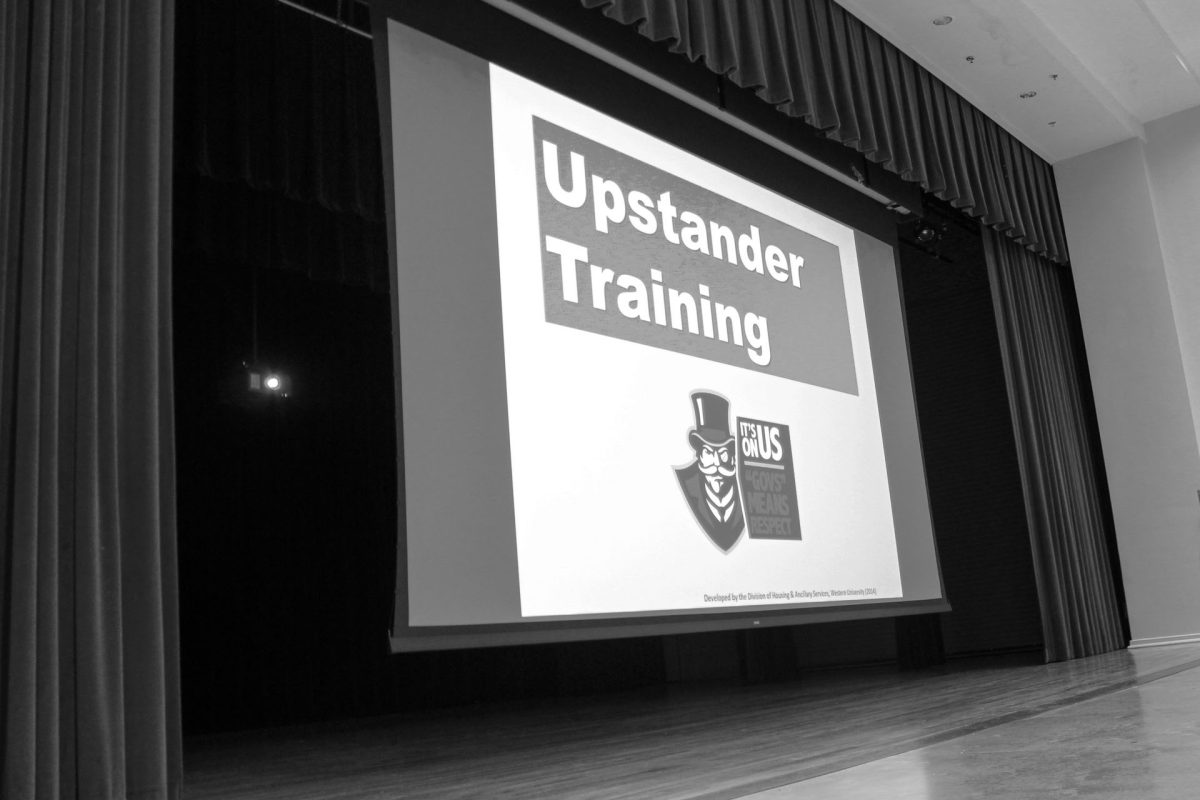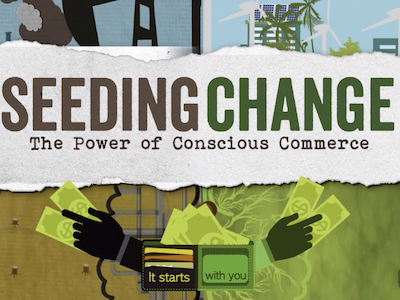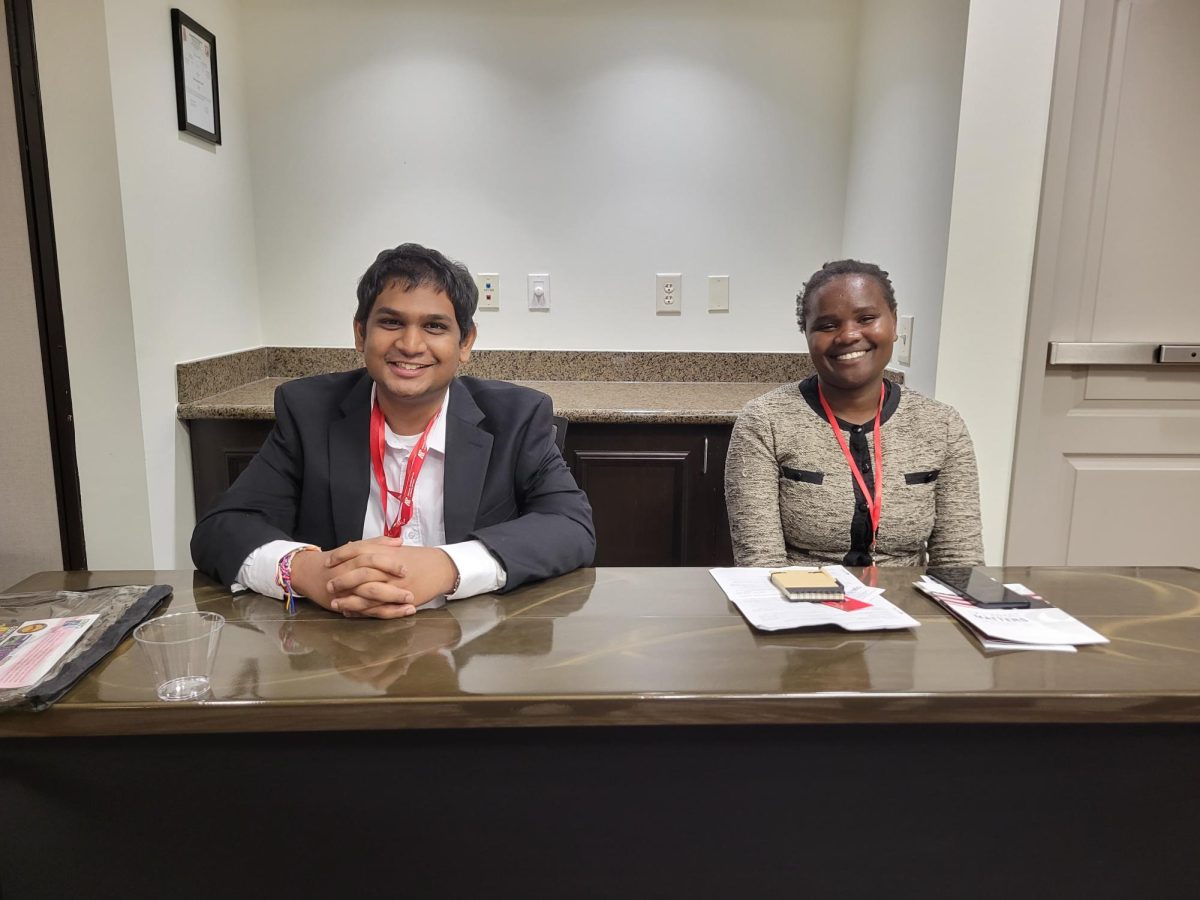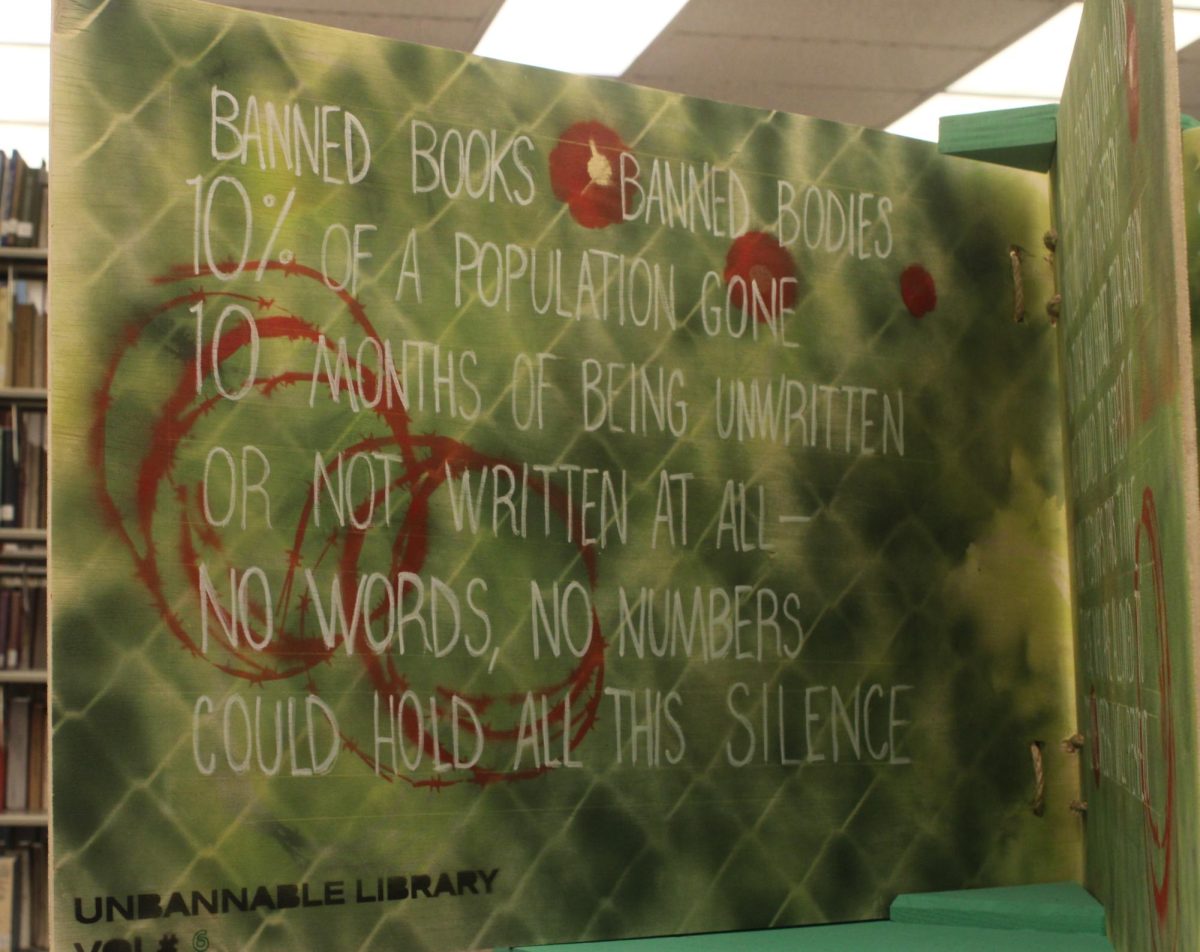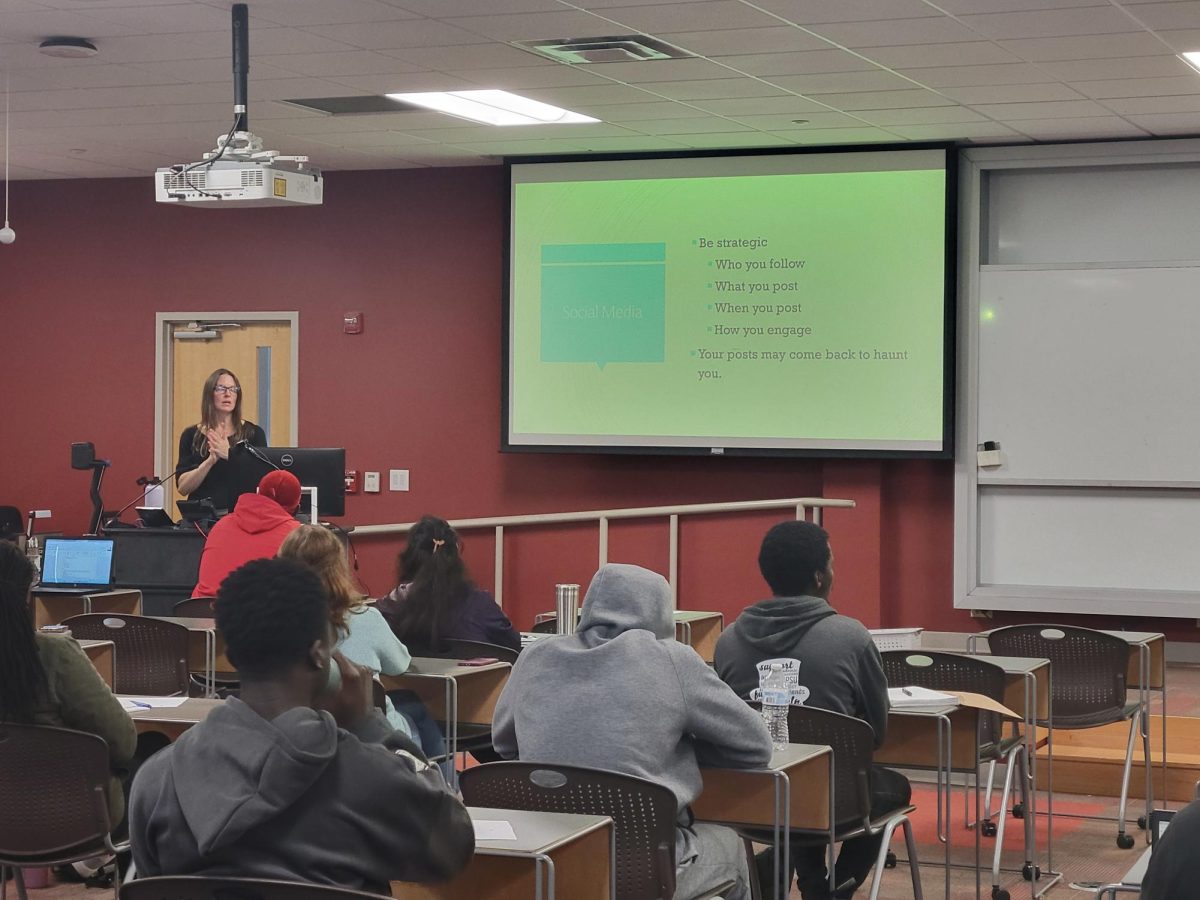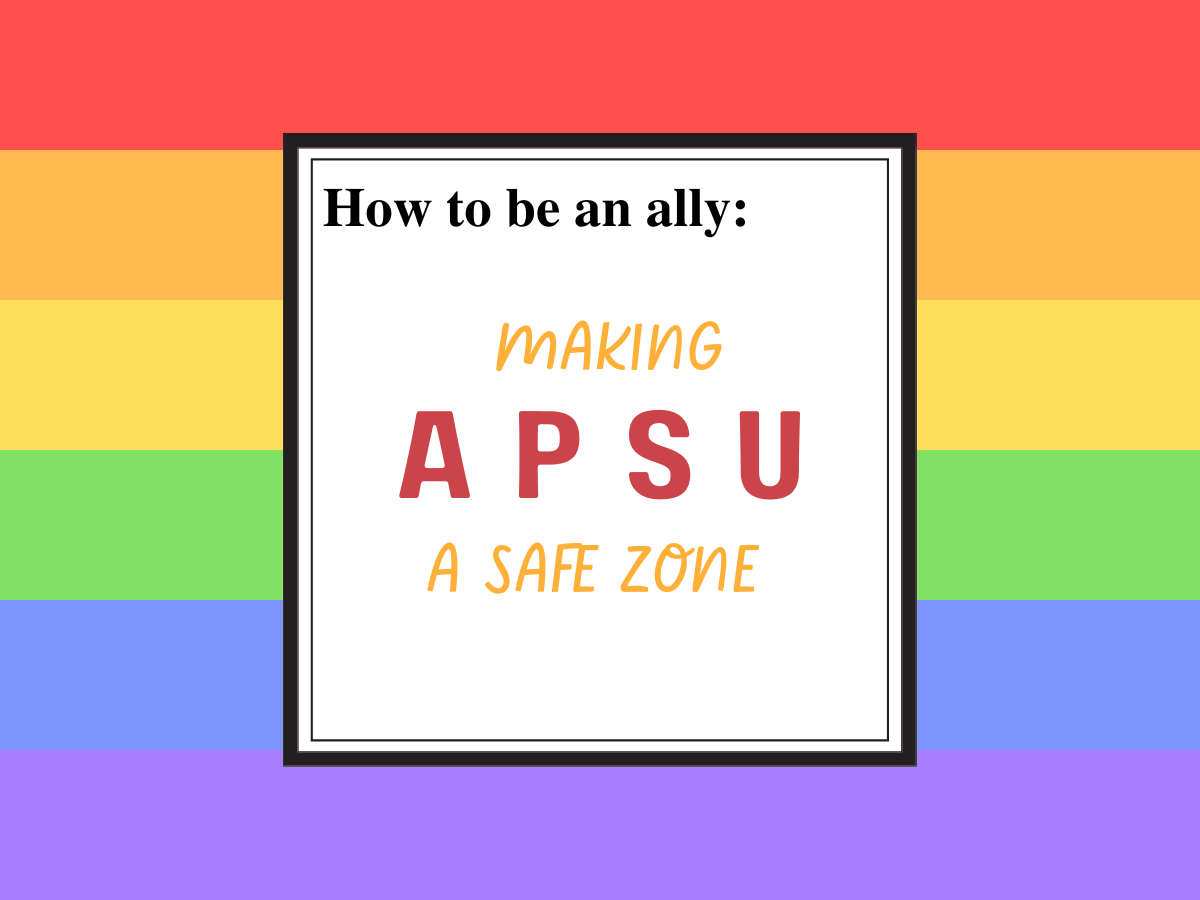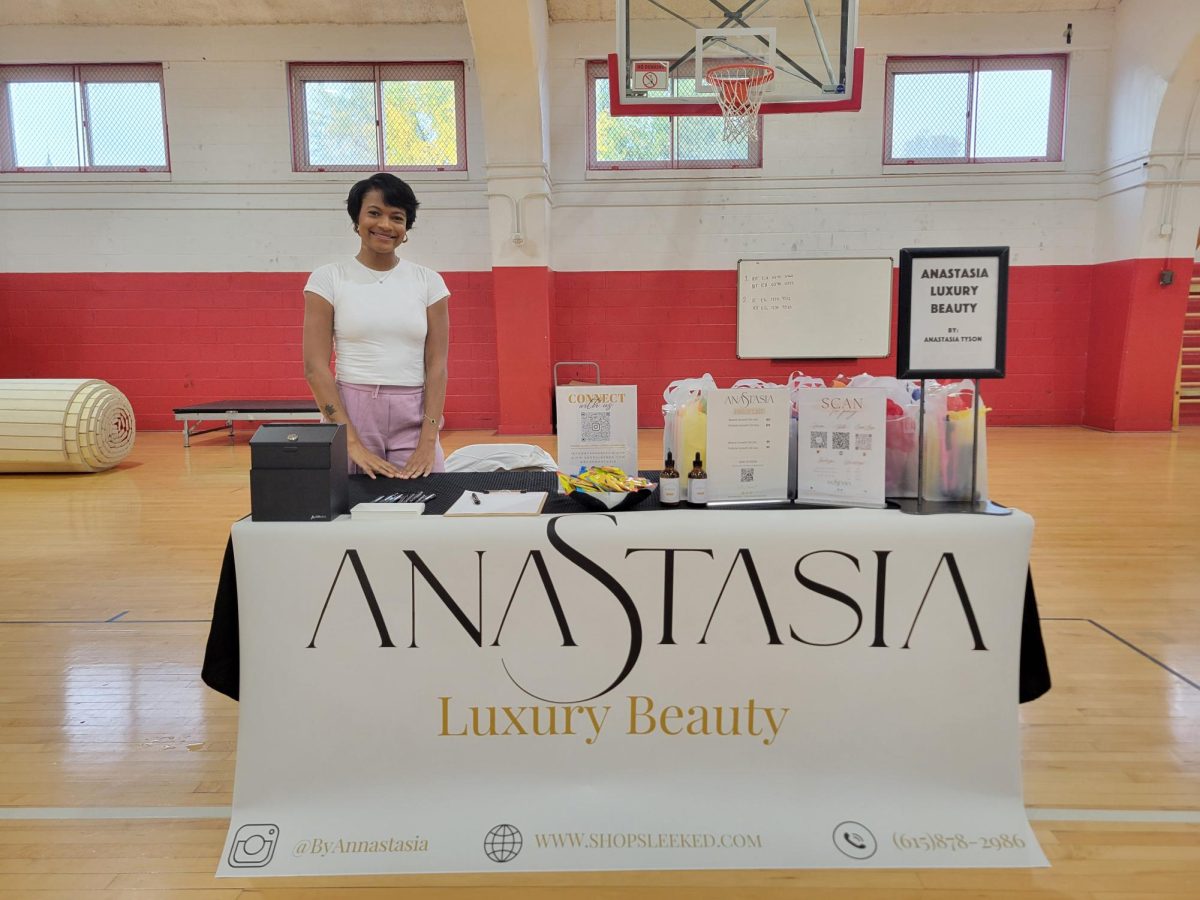In this day of DC and Marvel comic movies, where heroes appear at the first signal of wrongdoing, it might surprise one to learn more than half the time, we cannot count on strangers to come to the rescue. According to several studies about one-out-of-three folks will actually run into a potential hazard and save the day.
There are solid reasons for people being reluctant to get involved. Participants in the February Upstander Training listed most of them pretty quickly. “It is none of my business,” “You don’t know that person,” “They could just be joking around” and “There could be consequences, like getting sued or punched in the face.” These are some of the common barriers that turn people into bystanders.
To curb this inclination and make the campus safer, APSU conducts monthly “Upstander Trainings” to inspire people to be ready to intervene when a situation calls for it. Situations discussed in the workshop include seeing someone potentially overdoing it with drugs or alcohol, aggressively pursuing sexual contact without consent, rape and suicide.
While the subject matter is serious, the results from talking about these things seem to be potentially life-changing. Participants are asked to imagine for a moment because a roommate or a friend disrupted a drunken hookup or reached out to a friend appearing deeply depressed on social media, a rape or a suicide was interrupted.
“These moments of uncommon courage, when friends look after friends,” Jo Baldwin, Deputy Title IX Coordinator said. “[an Upstander] can change the life of two people for their whole lives.”
The training emphasizes how looking after each other is the best way to make a difference in what has become a dangerous time. Conversations unpack what is meant by rape culture, the impact of #MeToo movement and acknowledging the people lost to suicide.
Participants involved in the role-play part of the program offered suggestions like “Sometimes all it takes is a fraternity brother to say ‘Wait until the morning, when everyone is chill, and see if it is still a good idea'” or “maybe, if a friend looks to be headed into trouble, just pulling them into the bathroom for a chat.”
The presenters also shared some safety tips all students should consider. Here are a few rules to live by, according to the presenters:
1. Sexting can be used as coercion at a later time to force a person into unwanted sex.
2. Don’t have sex under the influence.
3. Don’t have sex with someone you don’t know. For instance, what’s their last name?
4. No always means no. Always. Always.
Baldwin is part of a team of presenters that also includes staff from student counseling services and fraternity and sorority life. They provide a free meal, some startling statistics and interactive role-play video that shows people when and where they can get involved or call campus authorities.
This program could present an opportunity for Greek Life sponsorship and there are also opportunities for students to take over the training and educate their clubs and organizations. The workshop provides empowering information, swag and lots of honor to be had for those heroes among us who Stand Up for the safety and protection of the APSU community.
The next Upstander Training is scheduled for March 20 from 6:30 to 7:30 p.m. at UC 307. As always, dinner is provided and all are welcome.

